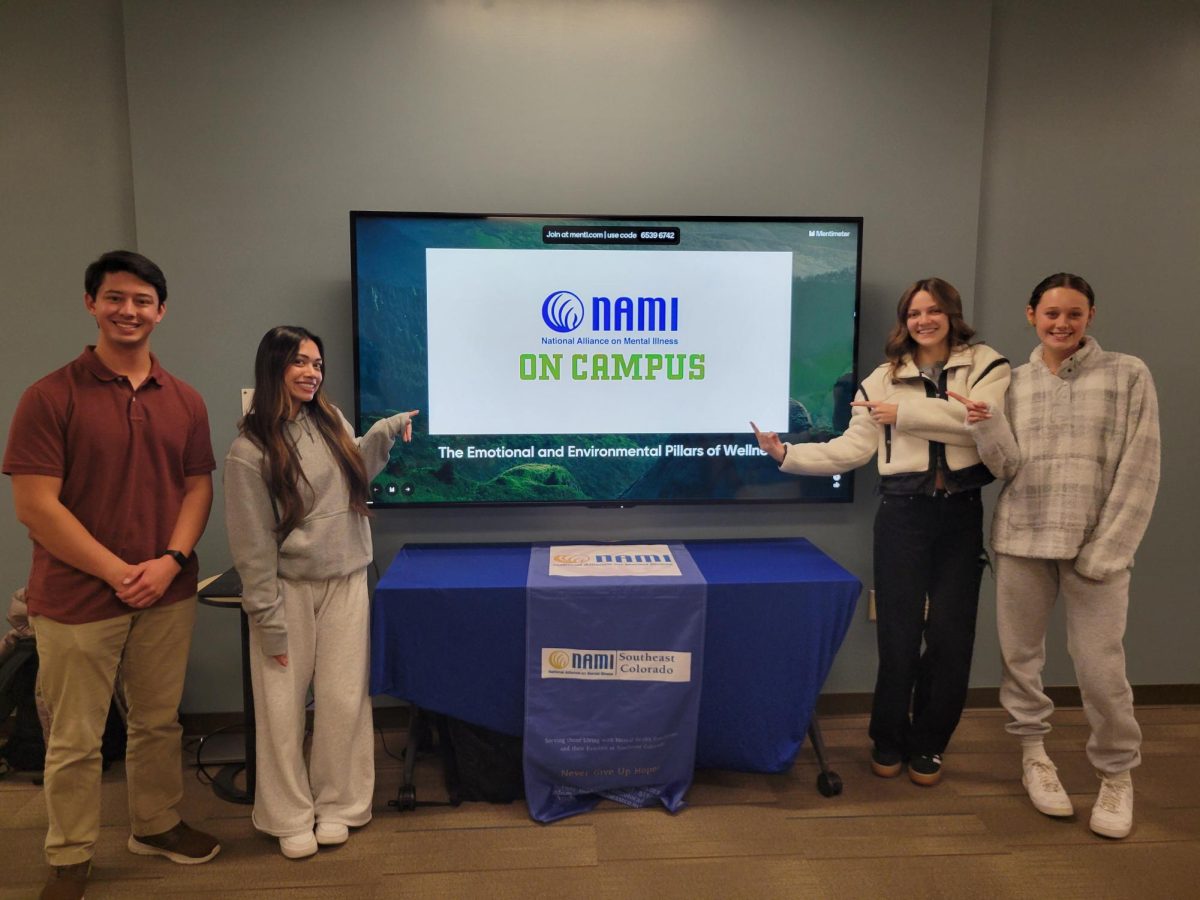The Pueblo City-County Health Department was awarded a $375,000 grant from the Environmental Protection Agency to develop communication strategies for decontamination in the event of a biological terrorist attack. 
The health department will work with CSU-Pueblo professor David Malet, who also serves as the director of the Center for the Study of Homeland Security at the university, for the 3-year duration of the grant.
“The EPA Science Advisory Board Homeland Security Advisory Committee highlighted the important role scientifically sound risk communication plays in protecting the homeland and has recommended that EPA sponsor research in this important area,” according to the EPA.
In order to be eligible for the funding opportunity, applicants had to propose projects that would focus on one of three research topic areas, according to the EPA grant application. The three topics include social and mental modes, lessons learned modules and pre-scripted communication, social media and training methods.
Social and mental modes would assess how individuals understand the decontamination process and how an individual reaction affects the public’s reaction, according to the EPA. Lessons learned is the second research topic and it would examine the trust individuals have in governmental health advisories or warnings and in exercising compliance with the orders.
The third area of study investigates whether effective risk communications can be pre-scripted. This would include examining training methods for effective risk communication after an intentional biological event, according to the EPA.
“I think our project covers all three research topic areas requested in the grant application by the EPA,” Malet said. “Next year, we’ll be running the study again with hundreds of members of the public to see whether different forms of communications media matter in whether and how people accept communications about risk levels.”
The research is intended to develop strategies to assist the EPA, public health officials, medical community and emergency responders in effectively communicating clean-up decisions and underlying risks to the public after an intentional environmental contamination with a biological agent, according to the EPA.
Dr. Malet and Korbitz will be working with “a few dozen participants from various federal, state and local government offices responding to a 6 month long scenario involving the clean-up of a bioterrorist attack in Pueblo,” Malet said.
“We will analyze the data and use it to create an instructional DVD-ROM for emergency agencies around the country based on the lessons learned from the experiment,” he said.
“Pueblo is one of two communities in the nation awarded this grant,” stated Mark Korbitz, project manager for the grant and regional coordinator for the South Region Health Emergency Preparedness and Response Program at the health department.
The University of Kentucky received the second grant.
“My understanding is that while we are conducting field experiments, they are reviewing the literature from past biohazard clean-ups to determine a list of best practices,” Malet said.
Dr. Malet’s key area of research is the impact of biotechnologies on national and international security. When the 2001 anthrax attack occurred, he was working as a staffer in the office of Senator Tom Daschle. Improving public risk communications strategies during biological attacks and remediation are his strong personal and professional interests.







